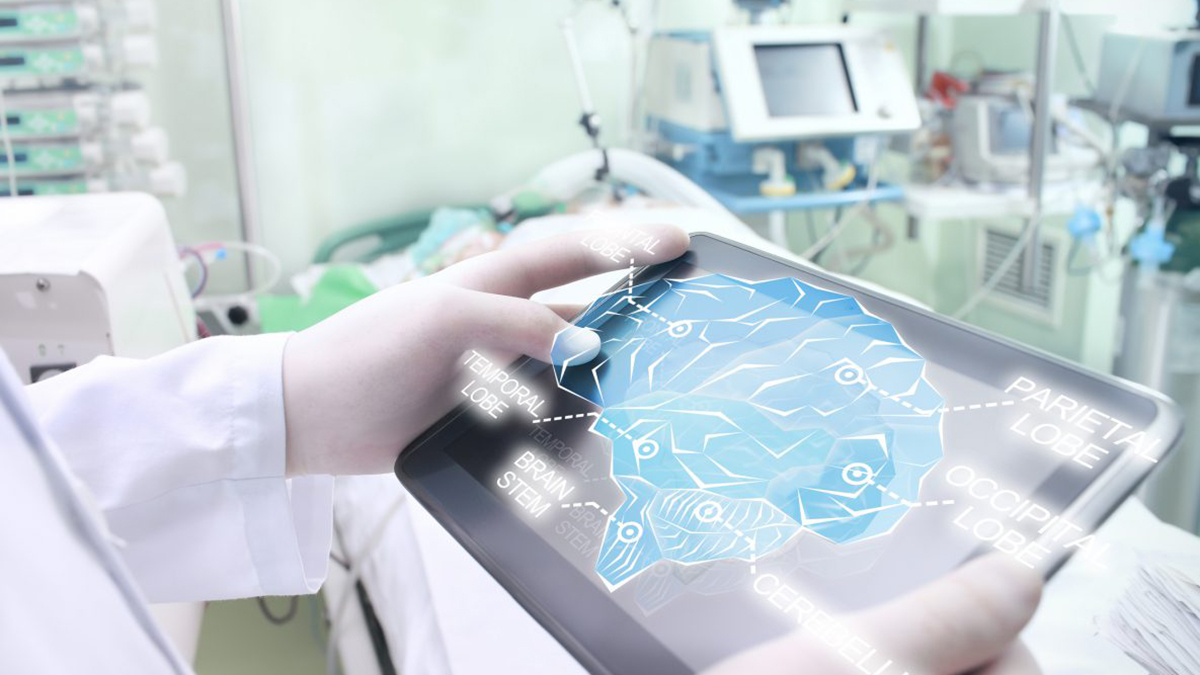

A traumatic brain injury, or TBI, is an injury that affects how the brain works. It may be caused by a:
There are three main types of TBI:
There were over 69,000 TBI-related deaths in the United States in 2021. 1 That's about 190 TBI-related deaths every day.
TBIs affect the lives of people of all ages. Anyone can experience a TBI, but data suggest that some groups are at greater risk of dying from a TBI or experiencing long-term health problems after the injury. 2 Examples of groups who are more likely to be affected by TBI, include:
People most commonly get TBIs from a fall, firearm-related injury, motor vehicle crash, or an assault.
Research shows that:
For more detailed information on the leading ways people get TBIs and the groups of people most likely to get a TBI, check out CDC's TBI data reports.
Older adults are more likely to be hospitalized and die from a TBI compared to all other age groups. 9 Still, TBIs may be missed or misdiagnosed in older adults because symptoms of TBI overlap with other medical conditions that are more common among older adults, such as dementia.
Healthcare providers should check for signs and symptoms of TBI if an older adult has:
This is especially important among older adults who are taking blood thinners, 11 such as:
These medicines may increase the risk for bleeding in the brain following a TBI. 11 Bleeding in the brain after a TBI may put a person at risk for more severe injury or death.
Depending on the severity of the injury, those who get a TBI may face health problems that last a few days or the rest of their lives. For example, a person with a mild TBI or concussion may experience short-term symptoms and feel better within a couple of weeks or months. And a person with a moderate or severe TBI may have long-term or life-long effects from the injury.
A person with a possible TBI should be seen by a healthcare provider. Your healthcare provider may have treatment to help speed your recovery.
TBI affects children differently than adults. An injury of any severity to the developing brain may:
As a result of a TBI, children may experience changes in their health, thinking, and behavior that affect learning, self-regulation, and social participation, all of which are important to becoming a productive adult. 12
CDC's Report to Congress on the management of traumatic brain injury in children details the potential effects of a TBI on children and their families. 12